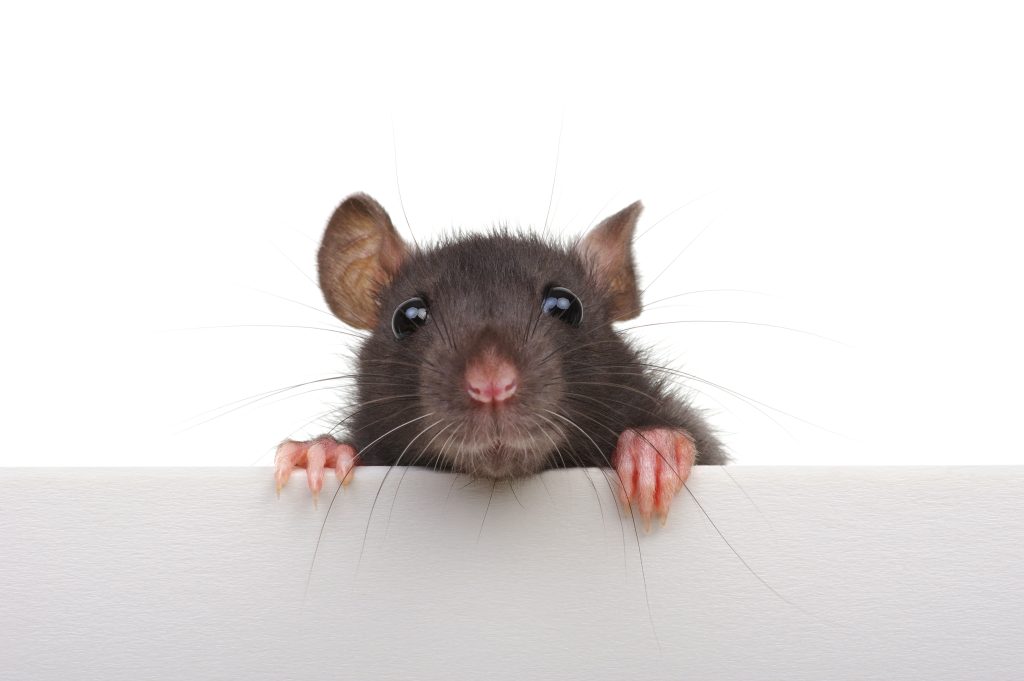Over the next few blogs we are going to chat about the most common pests you will find in your home or garden in London. Here at Pinpoint Environmental, we are passionate about what we do and always try to find the underlying cause for the infestation to create a long-term solution for the household and their unwelcome visitors. One in three households in London can expect to have a run-in with at least one type of pest. This blog will look at not only who they are but also some preventative measures that you can put into place in your own space, be that residential or commercial.
Some of the common pests we have to deal with in London,
- Rodents – mice & rats
- Bed Bugs
- Carpet beetles
- Cockroaches
- Fleas
- Dust mites, spiders, flies and Silverfish
- Birds
- Ants
- Wasps
Rodents In London
These prolific pests can get everywhere, they are experts in housebreaking, and where there is one, there will be more.
Mice In London
Cute, maybe to some, but destructive, oh yes they certainly are. Mice can be an expensive visitor in your home or business space. They chew through cables, wood and plastic and their droppings get everywhere – not pleasant and a health hazard. Mice are expensive, unwanted houseguests. You can see this in the chewed cables needing replacing, where work is affected for a period of time by them damaging equipment, like computers and machinery. Then there are the cupboards and wardrobes they like to investigate which will probably need replacing for the smell from dung and nesting if not damaged. Mice are small and they can wriggle through the tiniest of gaps, sometimes you even need to remove skirting boards to get to them, once again having to replace them.
Try Some Preventative Measures To Keep The Mice Out
Mice, like most pests, are looking for food and shelter over the winter months. To try and prevent a mouse invasion there are a couple of things you can do.
- Don’t leave food out.
- Transfer food like cereal and grains from their boxes into a container – mice can easily chew through a box to get to food.
- Don’t leave pet food down for long – it’s an all-you-can-eat banquet for mice and other pests.
- Mice-proof your home by sealing up any small gaps they can squeeze through using duct tape. One thing mice cannot chew through is steel wool. THis can be used to prevent admission via your house vents and steel wool will still allow for adequate ventilations.
- Mice have a strong sense of smell, but certain smells irritate them and will deter them from coming into your spaces. You can use fabric softener sheets into spaces in your walls, or spray apple cider and water around the outside of your homes and office or warehouses regularly. Ammonia soaked cotton wool balls can make the mice think you have a cat due to this smelling like cat urine. Or you could think about having a cat!
If you have noticed an infestation of mice, these measures will not be enough. This is when you need to call in the professionals who have the equipment to scan for these pests and the know-how to get rid of them.
Rats In London
It is thought that there are two rats for every person in London, and they keep on breeding! So the garbage that we throw out keeps on feeding them. Rats are the bigger, nastier pests who carry diseases like salmonella, leptospirosis and tuberculosis. Both rats and fleas were the cause of the plague in Elizabethan times.
Rats while a health hazard can cause damage to the home or office like mice do, chewing through all kinds of wood, wires and plastic.
Rats like to nest in dark but dry places, so disused London sewers are popular! But when the rain comes, they flood and they seek shelter elsewhere. Our warm, dry homes with food attracts them. Rats also nest in the gardens and parks around London but yet again, our cold autumn and winters drive them to seek accommodation and food elsewhere. Rats can climb, swim and wriggle through small spaces.
Preventative Measures To Keep Rats Out
Like keeping mice out of your home, food is the biggest draw inside and outside the house, so make sure your bins are kept securely fastened. Likewise, keep areas of your garden as tidy as possible; no dark, inviting nook for them to make their nest. Also, check outside your homes or offices to ensure they cannot enter via a small gap.
Rat infestations need professional solutions for both immediate and long-term effects. Using modern equipment and long-term experience with London rat infestations, we offer a comprehensive service to all Londoners.
Bed Bugs In London
These unpleasant, blood-sucking, unwanted home visitors cause nasty bites. They often arrive in our homes by travelling on our clothes, luggage and furniture. Not only are the bites unpleasant, but they can become infected. Being seen with bed bug bites is embarrassing as people associate them with a ‘dirty’ home. Plus, infestations of bed bugs are a huge no-no for London hotels and B&Bs. Rats can cause a negative impression that can seriously affect your business.
Despite their name, bedbugs get around liking to hide in furniture, carpets, insulation and the many nooks and crannies around your home. A trained professional in pest control is needed to rid your home of bed bugs. First, a thorough inspection of all the areas bed bugs like to reside in is necessary. Following this with heat treatment and pet-friendly insecticide. Bedbugs are prolific breeders, with a female laying up to 200 eggs at a time. At Pinpoint Environmental, we are trained to detect, find, and remove them from your home.
Preventative Measures For Bed Bugs In London
These tiny mites can get anywhere, but there are a few things you can do to try and keep them hitchhiking into your home.
- Regularly vacuum your bed & mattress – don’t forget the headboard and footboard.
- Use a dust-mite preventative mattress cover to reduce the risk of bedbugs.
- Don’t store items under your beds.
- Bed Bugs don’t like plastic, so store as much as you can in plastic containers and storage boxes.
- Keep clothes—and pets— off the beds.
- Sleeping somewhere else, check your surroundings carefully
- After travelling, bathe or shower and wash your clothes on your return home.

